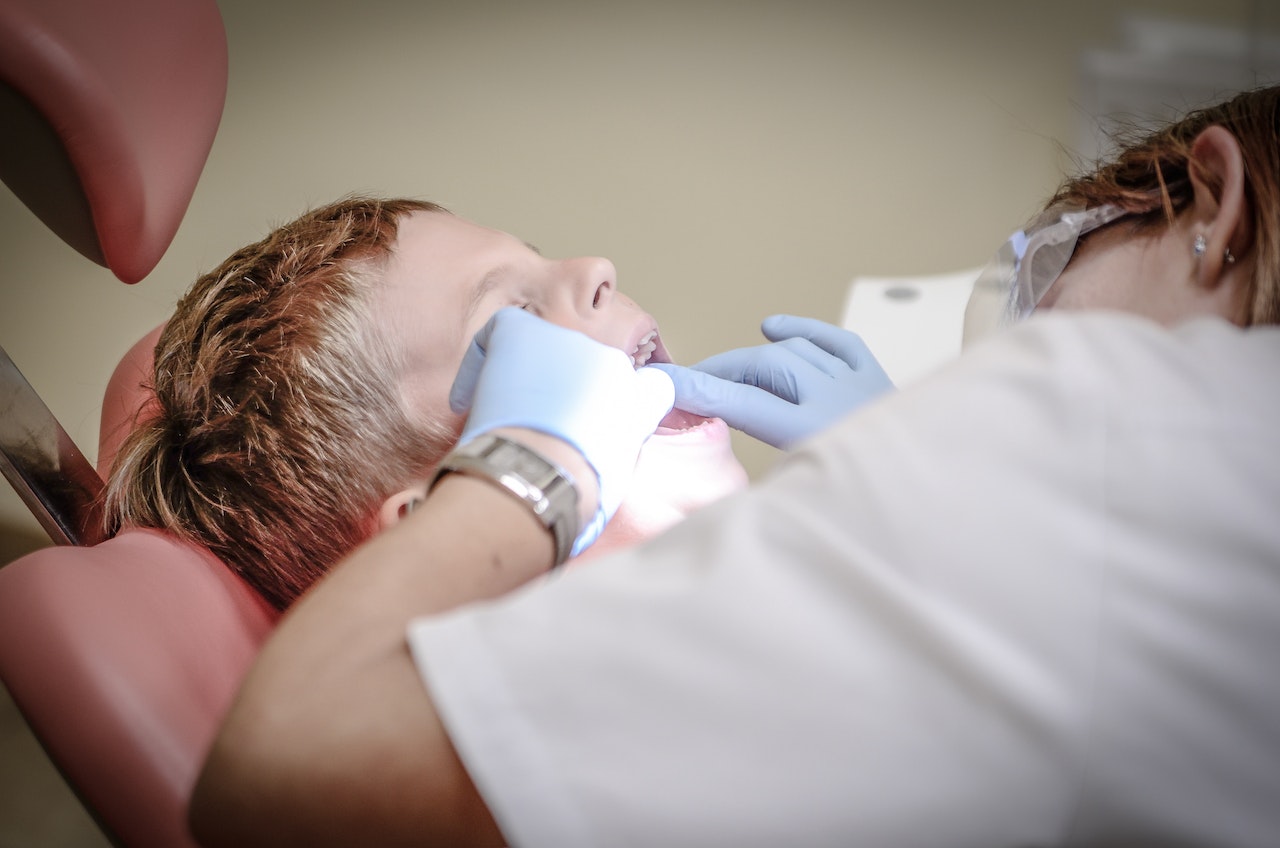More than half of UK GPs surveyed in a recent poll by stem24 said it was difficult for patients aged 5 - 18 to access eating disorder treatment in a damning report on the state of child mental health care provision in the UK. There are studies aplenty to demonstrate the massive issue that eating disorders have become, arguably alongside the rise of social media. Something which does boggle the mind is that 75% of women in their early twenties show symptoms of a formal eating disorder. That is staggering. But what is to blame?
The prevalence of eating problems (called disorders after diagnosis) has skyrocketed since the pandemic. In data from the NHS, the rate of possible eating problems in 2022 was almost 13% in children aged 11 to 16 years. In young adults, this rose to 60.3% in ages 17 to 19 years. The rates for young adults (20 to 23 years) were similar to those aged 17 to 19 years; 62.2% screened positive for a possible eating problem – significant enough a problem to appear on a clinical screening. That’s right – more than half of young adults are showing clinically relevant symptoms of eating problems in the UK.
Across other demographics, the rate of possible eating problems was higher in girls than in boys:
for children 11 to 16 years, the rate was 17.8% in girls compared with 8.1% in boys
for 17 to 19 years, the rate was 75.9% in young women, compared with 45.5% in young men
for 20 to 23 years, the rate was 76.6% in young women compared with 49.3% in young men
Parents have long suspected social media of having negative impacts on children’s wellbeing, and research shared from Facebook and Instagram whistle blower, Frances Haugen, shows the platform sends “some girls on a downward spiral and 32% of teen girls said that when they felt bad about their bodies, Instagram made them feel worse”. Testimony from a mother, Neveen Radwan, said social media “has played a humongous role” in her 17-year-old daughter’s eating disorder. “The second she opens the app, she is bombarded by photos that are filtered, that are manipulated. She is trying to attain something that is unachievable”. Radwan went on to say that some of the content is explicitly pro anorexia and pro eating disorder. It comes at a time when the Chinese company Tik Tok is at a congressional hearing in the US for privacy concerns, but a big part of the questioning is around the harm it causes to children, not least young women in increasing eating disorder related behaviour.

In the UK, healthcare provision for eating disorders has recently come under fire in multiple articles and press releases from eating disorder charities. Nearly 60% of family doctors believe that their patient will come to serious harm before they are seen by a specialist. Almost one in three (32%) GPs have seen a young patient’s condition decline so dramatically that they got the patient urgent care and slots at A&E departments for emergency care. GPs now believe that access to treatment has become impossible (23%) or difficult (53%) for under-19s with early, less severe physical symptoms – do our children have to decline to the worse possible point to access help?
Speaking in the Guardian, Dr Nihara Krause, a clinical psychologist, said, “This GP survey tells us that young people with eating disorders, who will be most responsive to treatment at the start of their illness, can’t access treatment. Young people with complex mental illness such as eating disorders will experience deterioration the longer they are made to wait for treatment, and this is why we are seeing record numbers of young people presenting at A&E”.
A spokesperson for the NHS said, “While the pandemic has taken a huge toll on many people’s mental health, improving care for people with an eating disorder is vital, with the NHS treating 55% more young people for eating disorders compared to pre-pandemic, as well as rolling out a rapid early intervention eating disorder service for people aged 16-25. We acknowledge that more support is still needed, which is why we are also rolling out mental health support teams as fast as we can, ahead of plan, and have doubled the number of children and young people we have seen, as well as establishing 24/7 crisis lines”. It remains to be seen whether any real resistance can be mustered against this epidemic in young people, but when the social determinants of eating disorders are out of control, it feels that the prevalence of this disease will be also.
